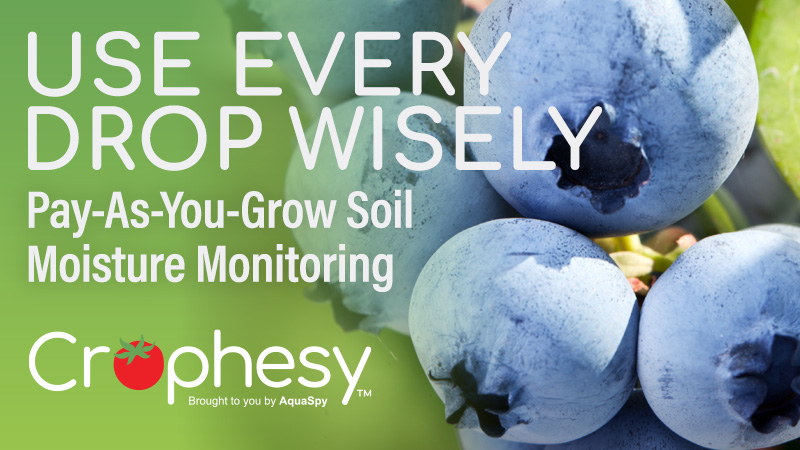Problems with Aquatic Weeds Run Deeper Than You Think
Florida Fertilizer and Agrichemical Association’s (FFAA) main mission is to promote the responsible use of fertilizers and pesticides. That mission casts a wide net over areas beyond the treatment of agricultural fields and crops. One of these areas includes supporting the use of aquatic herbicides as appropriate for invasive weed control in Florida’s lakes, streams, rivers, and canals.
This issue has been simmering for the past few years, stirred by the concerns driven by the devastating impact of harmful algal blooms and red tide outbreaks in Florida.
This past fall, there were efforts urging the U.S. Army Corps of Engineers to restrict contractors from using EPA-approved aquatic herbicides to manage invasive aquatic species such as hydrilla in Lake Okeechobee. In 2019, the Florida Fish and Wildlife Commission paused aquatic herbicide spraying and hosted a number of public meetings on the issue.
A Big Issue
Non-native invasive plants impact approximately 1.5 million acres in Florida. The top concerns for Florida waterways are hydrilla, water hyacinths, and water lettuce.
If left uncontrolled, these invasive plants can prevent oxygen from reaching fish and other wildlife when they cover the water’s surface. They also cling to boats and get caught in boat motors and can completely block waterways. They can entangle swimmers, paddlers, and pets. Additionally, these plants can create areas for mosquito growth.
FFAA supports Integrated Vegetation Management, or IVM, as the best practice for controlling invasive aquatic weeds. IVM considers all control and prevention tools and follows a process to observe, identify, solve, and prevent weed and invasive plant problems.
In the past, the Florida Fish and Wildlife Commission also has supported an IVM approach.
FFAA supports using the right tool from the pest control toolbox as each situation warrants. Often a combination of approaches is needed to efficaciously and economically handle the particular pest problem.
FFAA has worked with RISE, the Responsible Industry for a Sound Environment, on providing input on this issue when members of Florida’s Congressional delegation raised concerns and an amendment was floated that would have prevented the use of aquatic herbicides.
I like how RISE President Megan Provost put it in the association’s letter to House Rules Committee leaders:
“The ability to use an integrated approach that allows for all methods of control is essential to successfully and cost-efficiently managing the invasive species that choke our waterways and for eliminating the harmful algal blooms that endanger public health and wildlife. An integrated approach includes mechanical, biological, and chemical tools as appropriate to the situation. U.S. Environmental Protection Agency-registered aquatic herbicides and algaecides are an important part of controlling harmful species.”
Why Worry About Water Weeds?
Aquatic weeds can impact water quality, fisheries, water control structures, electric generation equipment, irrigation equipment, recreational activities, and the health of humans, livestock, and wildlife.
The presence of certain aquatic weeds can cause water to have foul odors and/or taste, deplete oxygen resulting in fish kills, plug water intakes, disrupt recreational activities, and limit navigation. And some aquatic weeds can serve as breeding grounds for disease-carrying mosquitoes.
Opponents of aquatic herbicide use suggest mechanical harvesting of these weeds as a viable replacement. FFAA’s position is that mechanical harvesting has a role to play, but it shouldn’t be the only tool in the weed control toolbox. For instance, there are places where mechanical weed control machinery is not the best option, such as in shallow waters. The experts should be able to choose the right tools for the situation.
FFAA defends the appropriate use of herbicides because we’ll have a tough row to hoe without them. Let’s work together to keep EPA-registered products in Florida’s pest and weed control toolbox.









